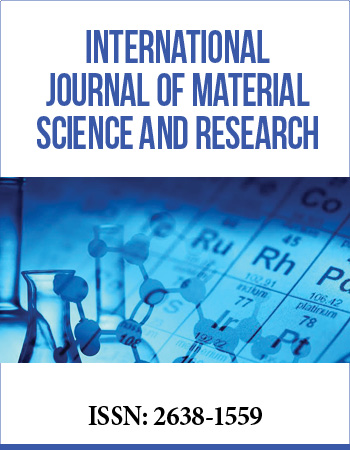International Conference on Materials Science and Research
November 16-18, 2017 Dubai, UAE
Passengersʼ Thermal Comfort in Car Cabins
Cairo University, Faculty of Engineering, Egypt
Cabin thermal comfort is predominantly impacted by the interior car cabin temperature. This study aims to investigate the impact of orientation of air vents on the private car cabin temperature when cooling is started. In contrast, the cabin temperature depends on the size of the cabin, the number and shape of the air vents and the collective flow of the entire HVAC system and the interior materials of the dashboard, trims and seats. In this study numerically investigated thermal comfort in a car cabin resulting of the solar radiation. Normally, the air vents in the car cabin is manually adjustable to adjust the airflow direction. Computational fluid dynamics (CFD) investigation was performed by using FLUENT 18.0 as a solver and a CFD processor developed by ANSYS Inc., in which the solar load model is embedded. A three dimension (3D) computational model for the car cabin has been conducted with ICEM CFD software for good quality grid generation; more than 5,000,000 grid nodes. The performance of HVAC system is characterized by air flow patterns, temperature, relative humidity contours as well as the most commonly used comfort parameters the predicted mean vote (PMV) and the predicted percentage of dissatisfied (PPD) based on Fanger model. With the help of CFD simulations it is shown that oriented air vents with 30°provide a better thermal comfort for passengers. The study showing that the calculated temperature near the driver increased by about 1.5°C resulting of the solar radiation. The study showing that the impact of inlet air temperature from vents has better effect on thermal comfort instead using higher air change per hour (ACH) at the same vent direction.
Keywords: Thermal comfort, CFD, HVAC, Car cabin temperature, solar radiation.



